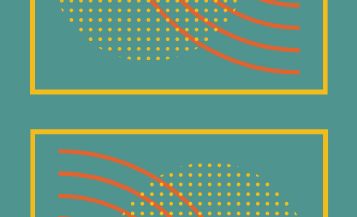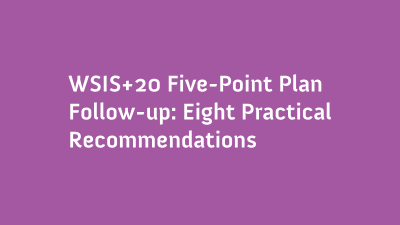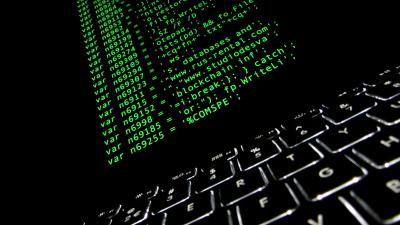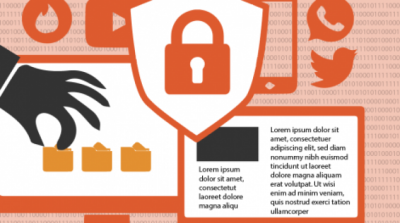
Global Partners Digital (GPD) is a social purpose company dedicated to fostering a digital environment underpinned by human rights and democratic values. They do this by making policy spaces and processes more open, inclusive and transparent, and by facilitating strategic, informed and coordinated engagement in these processes by public interest actors. In 2016, GPD supported APC for the implementation of the “Africa regional workshop, “The Internet as a Driver of Free Expression in Africa”.
32 results











